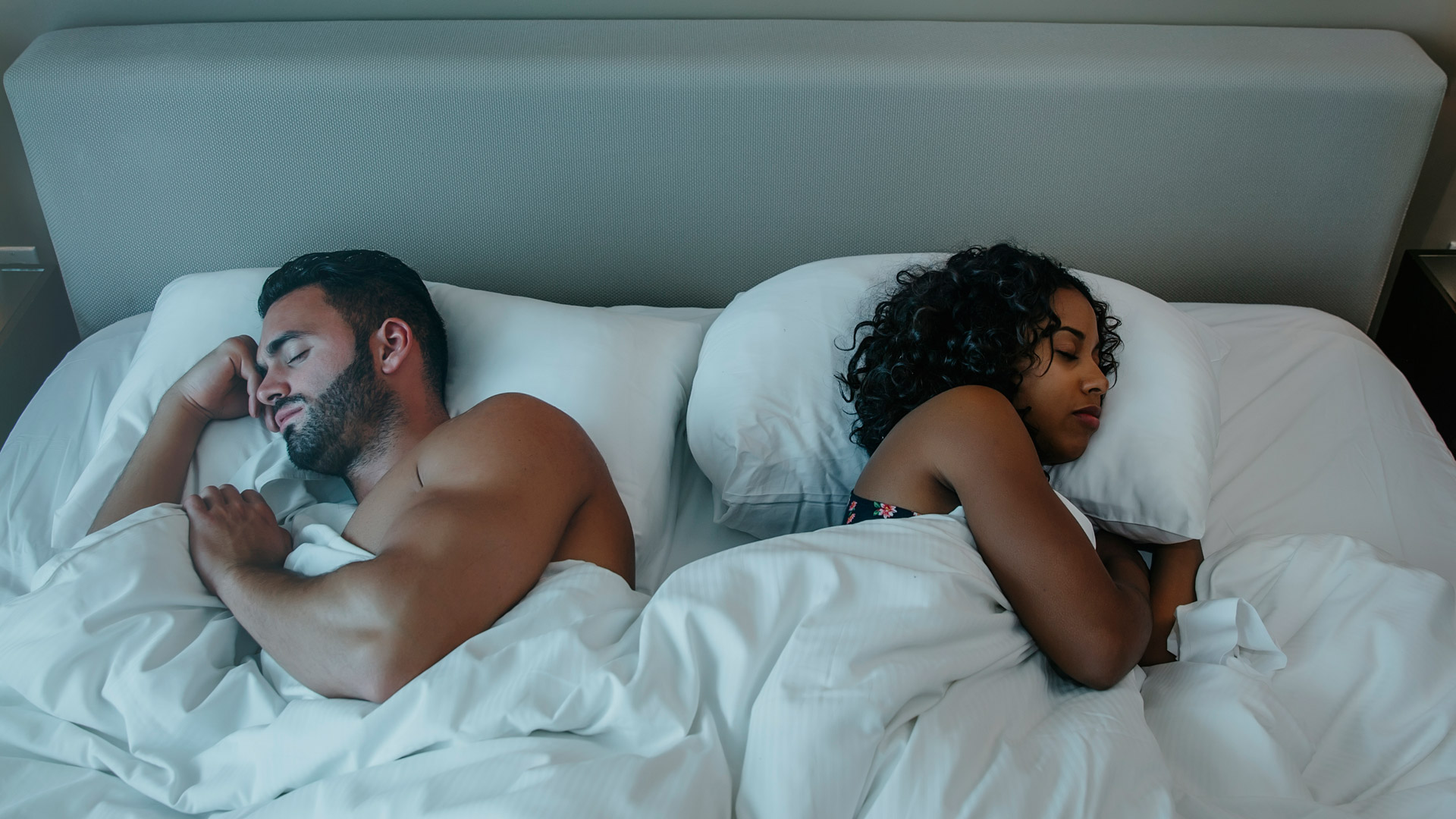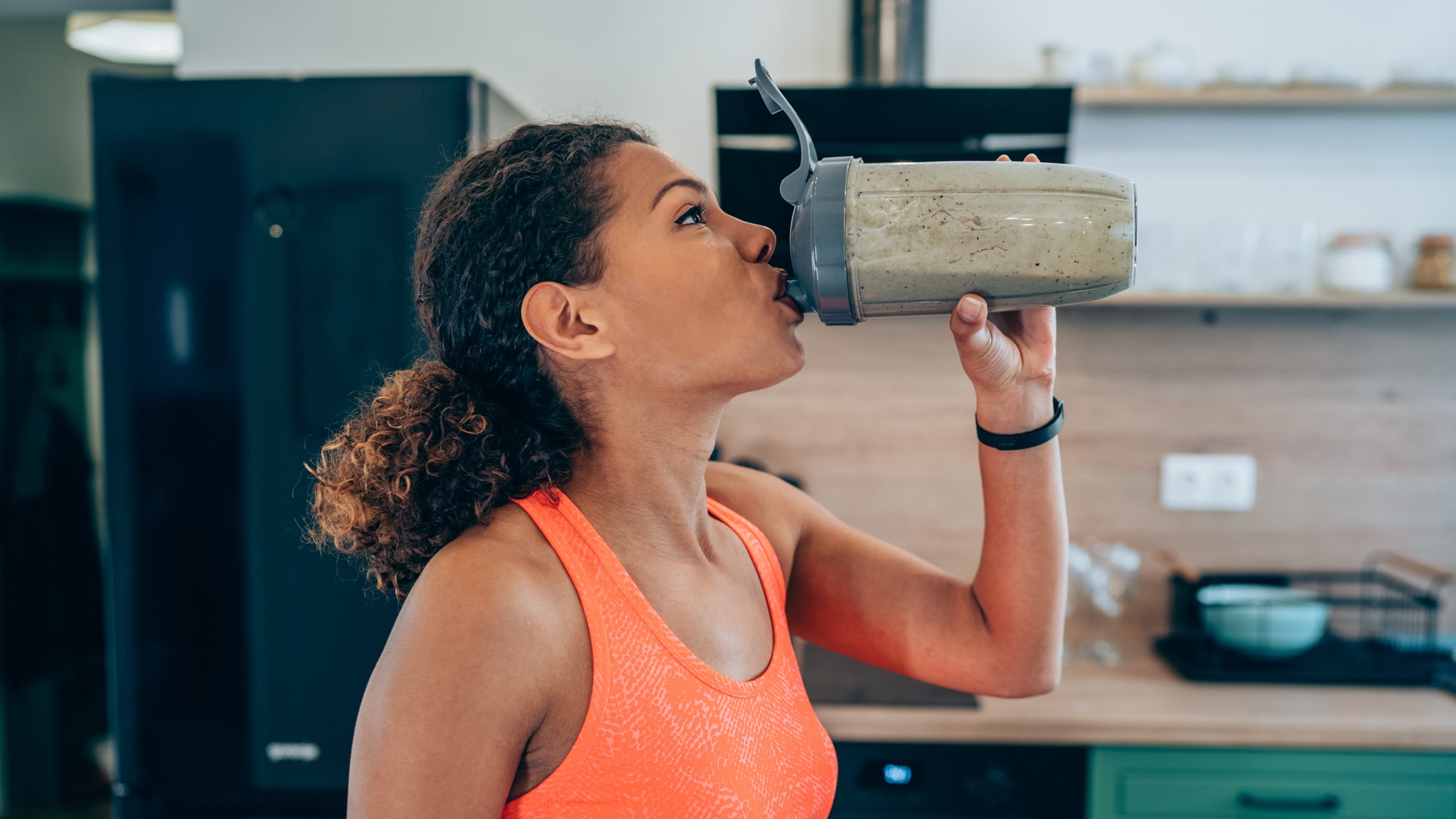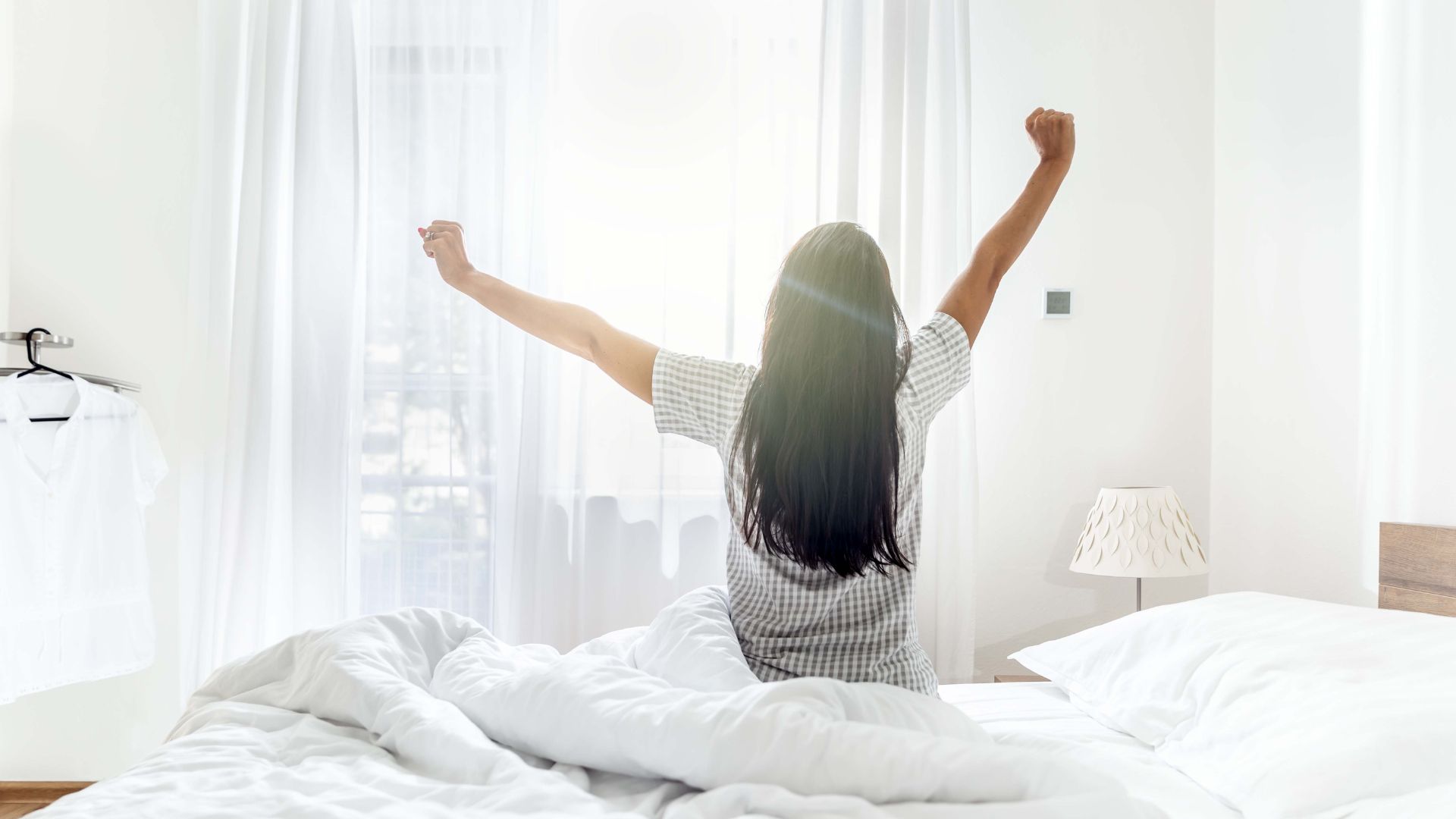

A bed that doesn't meet your comfort and support needs might be the reason for your sleepless nights. Our guide to the best mattresses for every sleep style can help you find a better bed for you.
Missed out on your precious eight hours of sleep? Put down the coffee and pick up your workout bag — creatine supplements might be the best way to beat fatigue, research suggests.
Creatine is a compound that occurs naturally in the body and assists the muscles with the production of energy.
It can also be found in certain protein-rich food, while creatine supplements are popular with athletes.
But recent online chatter has praised creatine for its supposed ability to undo 21 hours of sleep deprivation. And scientists suggest it's not as far-fetched a claim as it might first appear.
What is the impact of creatine on fatigue?
Creatine studies often focus on the long-term influence of the supplement but recent research has shone a light on the immediate impact of taking a high dose of creatine.
In a 2024 study, sleep deprived participants were offered a single high dose (35g) of creatine or a placebo. During the course of the following night, they engaged in cognitive tests to measure performance, alongside MRI scans to understand chemical response.

Those who had taken creatine showed improved cognitive performance and processing speed, with scans suggesting creatine could help maintain chemical levels in the brain. These benefits were observed for nine hours, peaking at four hours after creatine consumption.
Doctors suggest that taking a single high dose of creatine can potentially reverse the influence of fatigue, allowing you to maintain cognitive performance even after a bad night's sleep.
And there's growing interest in the short-term benefits of creatine.
A 2018 review found that creatine could improve short-term memory and reasoning, with a benefit for stressed individuals. A further 2024 review concluded that creatine can benefit cognitive function, particularly memory, attention time and the ability to process information.
A 2023 study similarly suggested that creatine can help boost memory and lessen fatigue, while results indicate creatine could potentially ease anxiety and depression (both common symptoms of sleep deprivation.)
How to use creatine to fight fatigue
While creatine for muscle energy is typically taken in small doses, research suggests that when using the supplement to fight fatigue, you need to up the dosage.
If you regularly find yourself feeling fatigued, you might be experiencing long-term sleep deprivation. A healthcare professional can help you beat daytime fatigue and find the cause of your disrupted nights.
Those looking to feel more alert after a bad night's sleep should take between 25g and 35g of creatine a day, based on the 2024 study.
And drawing from the same research, the impact of creatine is best felt four hours after ingestion — so we recommend incorporating creatine into your morning routine.
But that doesn't mean creatine is an easy way to supercharge your brain. Scientists best observed the benefits of creatine among those experiencing sleep deprivation. A double dose of creatine on a regular day is unlikely to have any impact on your memory or reaction times.
So save your creatine for after a sleepless night or, for example, when you know an upcoming deadline will leave you running on fumes.
And the best method to fight fatigue is still to get a good night's sleep — we don't recommend skipping rest on purpose and compensating with creatine.

Creatine is largely regarded a safe supplement, but potential side effects include bloating (some Reddit users note digestive discomfort.) If you plan on introducing creatine to your diet, or upping your intake, consult with your doctor first.
Other methods to fight fatigue after a bad night's sleep
Even with the best sleep hacks to help you drift off — everything from cognitive shuffling to drunken monkeys — some nights you just can't avoid bad snooze.
On the mornings you wake up feeling as if you only just climbed into bed, these methods can help you stay awake... and maybe even stay alert.
1. Stay hydrated
Listen, if you've been up all night you've probably abandoned your coffee mug for a bucket. But while caffeine can help you feel alert, be sure to alternate your cappuccinos with cups of water.
Dehydration increases fatigue and while caffeine does hydrate you, water is still the best way to top up your fluid levels.
And if you're relying on coffee to wake you up, we recommend cutting it out after lunch. Caffeine can stay in your system many hours after digestion, meaning even though you feel bone tired, this stimulant can keep you alert.
2. Get sunlight
Light regulates our circadian rhythms — morning sun tells the body to produce cortisol, helping us wake up, while darkness encourages melatonin production, making us fall asleep.

If you're struggling to kickstart your morning, try taking your breakfast outside, or sipping your coffee in a spot of sunshine.
And top up your sunlight levels during the day by getting out at lunch. An early evening stroll is another way to improve your sleep (something we'll dive into below.)
3. Get active
While it's tempting to abandon good habits when you're feeling tired, rather than bed rotting and binge watching, it's better to get active.
Exercise can improve energy levels and oxygen circulation, so you feel more alert. If you've slept poorly, you probably want to avoid a vigorous gym session but an evening walk, light jog or yoga session can give you energy without tiring you out.
And as another benefit, exercise can help you sleep. By staying active during the day, you're more likely to drift off at night. In contrast, a day spent lying in bed is likely to make it harder to fall asleep.







